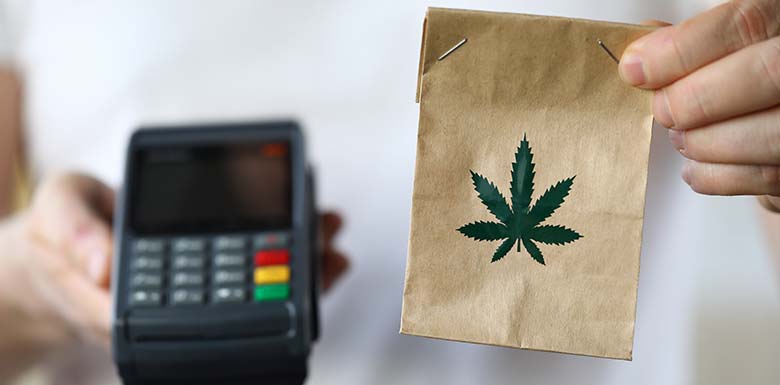As the cannabis industry grows, the potential for recalls increases. Failing an inspection, contaminated plants, or mislabeled products could force you to remove your merchandise from the public, risking your brand and your bottom line. However, planning for this crisis helps mitigate its impact and protects your company’s future.
How Do Cannabis Recalls Happen?
Like any industry, a recall occurs when a potentially dangerous product makes it to market and jeopardizes the health and safety of consumers. Like faulty airbags in the auto industry, contaminated plants or mislabeled products raise a significant health concern for regular cannabis users.
Companies could experience mandatory or voluntary recalls, depending on the situation. The business conducts voluntary recalls while The Department of Cannabis Control orders mandatory ones.
The DCC issues a recall when there is an immediate threat to human life or when other remedies would cause a reasonable delay.
Once recalls are issued, the DCC notifies all companies who sell the product and guides them on the next steps. During an inspection, environmental health specialists may impound, quarantine, or order the destruction of cannabis goods if they find them compromise the public’s health.
The DCC recently ordered a recall at the beginning of 2022 due to aspergillus contamination in Claybourne Co. Head Banger’s products.
What Should Businesses Do During a Recall?
To ensure a company’s survival, it must always prepare for the most uncertain times. Although a recall may not be something you think could happen to your business, the lack of protocol could prevent you from ever bouncing back from such an event.
According to the 2021 Cannabis Facility Inspection Guide, environmental health specialists must indicate whether you have a recall protocol in place. So, not only is a recall plan beneficial to your business, but it might be a requirement.
Assemble Your Recall Team
If you don’t currently have a recall protocol, it might be a good time to discuss this with your team. You might assign someone as the recall coordinator responsible for leading the effort and assigning additional responsibilities. Licensees should conduct a mock recall yearly so everyone’s ready when the time comes.
Assess the Risk & Scope of the Recall
The initial recall phases occur internally. You must determine what products need to be recalled, what caused the recall, which level of the supply chain is being affected, and the extent of the recall. Did just one cannabis edible get contaminated with E. coli? Or did you print a whole line of products without the proper health label?
Reviewing customer complaints, lab reports, notifications from regulatory agencies, or employee observations could all help you assess the issue. Accurate sales and distribution records to properly track the products that need to be recalled can also help you understand its scope.
Notify the Appropriate Parties
Now that you’ve gathered the necessary information, it’s time to notify the affected supply chain members, consumers, and regulatory agencies. You must contact the DCC to inform them of your cannabis recall within 24 hours of initiating it. You can report your recall by emailing them at recalls@cannabis.ca.gov.
Businesses should also have a method in place for notifying affected consumers. This could be through a social media or email blast informing customers of the recall and how to go about returning items. You’ll also need to create a written recall notice that explains all the details of the recall.
The DCC puts detailed reports on its website of all the current cannabis recalls in California. The reports will explain who’s affected, where the product was sold, the cause of the recall, and how licensees should proceed with the recall process.
Remove Recalled Products
The DCC regulations require that all recalled products intended to be destroyed be quarantined for a minimum of 72 hours. After the quarantine period, the recalled products will be considered unusable and disposed of.
Licensees must also track each recalled item by entering the weight and count of the cannabis goods, why they’re being destroyed, and the date of the quarantine period. You can submit a remediation plan to the DCC, but the recalled items must be destroyed if this plan is denied.
If you want to establish a recall plan for your business, refer to this sample plan that outlines your procedures.
Let McElfresh Law Help You with Your Cannabis Business
The cannabis industry has specific regulations that must be followed to ensure the success of your business. Attorney Jessica McElfresh knows California law and can help you stay within these guidelines.
Furthermore, McElfresh Law helps individuals charged with various drug crimes and fights to clear your name if you’re ever facing criminal charges. Call today at (858) 756-7107 for a free consultation.
